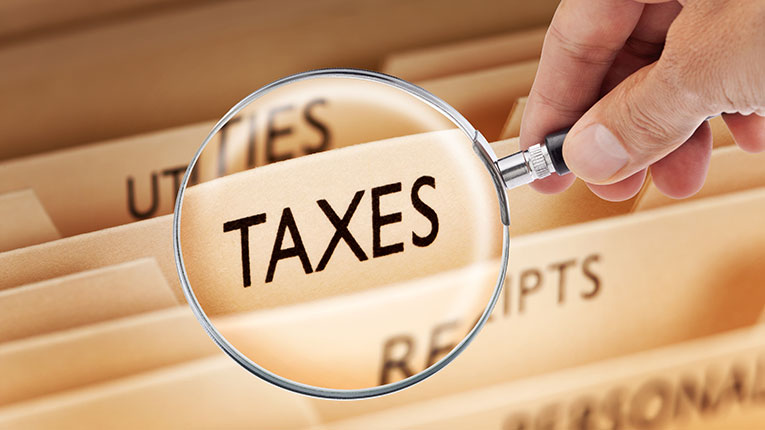A new study notes a significantly disproportionate evolution of taxation specific to the oil and gas sector for the period 2020-2022, with inflationary consequences that also affect the final consumer. Thus, the effective tax rate, calculated as a proportion of taxes specific to the upstream sector of crude oil and natural gas in Romania in total production revenues, increased from 16% in 2020 to 28.9% in 2021, to 43.1% in 2022 (if the solidarity contribution is excluded) or to 52.2% in 2022 (if the solidarity contribution is included), according to a study carried out for the Oil and Gas Employers’ Federation (FPPG).
While the revenues from the production of crude oil and natural gas increased by 203% at the level of the two main analyzed producers, respectively OMV Petrom and Romgaz, the specific taxation increased disproportionately, by 885%. Additional taxation increased 11 times in 2022 compared to 2020, while royalties increased 5.2 times in 2022 compared to 2020.
The accelerated increase in additional taxation is mainly due to the additional taxation of natural gas, an evolution that can be explained by the application of progressively higher rates and the greater proportion of incomes made subject to taxation at very high maximum rates, of 80% (the tax on additional incomes from price deregulation from the natural gas sector) and 70% (the tax on additional deep offshore/onshore revenues).
At the same time, the profit tax owed by the two analyzed companies, OMV Petrom and Romgaz, reached the proportion of 10% of the total profit tax collected from the state budget for the year 2022. At the European level, Romania registers “by far the most high effective tax rate in the years 2022 and 2021, standing at a level 4 times higher than the simple average of the effective tax rates identified in the other European states”, according to the study.
From a qualitative perspective, the taxation system is characterized by a lack of stability and predictability, considering the fact that during the last 10 years, at least 44 normative acts have been identified with an impact on the taxation system specific to the upstream sector.
The authors have identified a set of possible measures to improve the system, as well as a series of general legislative recommendations for this sector. The “excessive overlap of several taxation elements” is noted, but also the introduction of new taxation elements without a recalibration of existing taxes (except, as the case may be, allowing some deductions from the profit tax perspective). All these elements result in “increasing total taxation”, so it can be stated that “this complexity of the system is not aimed at calibrating taxation based on fiscal principles, but simply at increasing budget revenues.”
